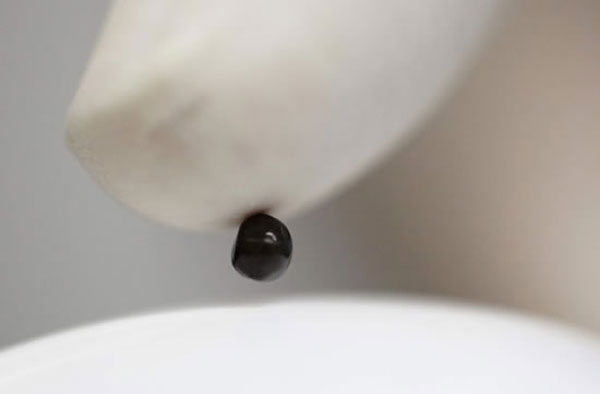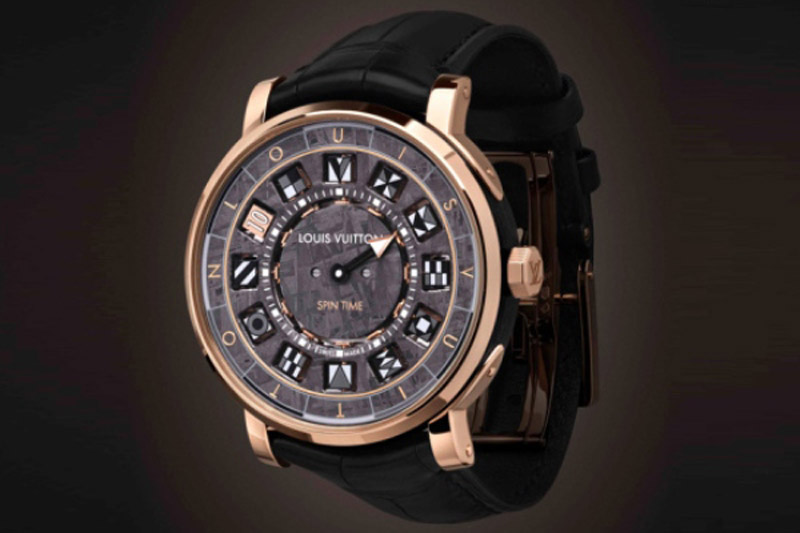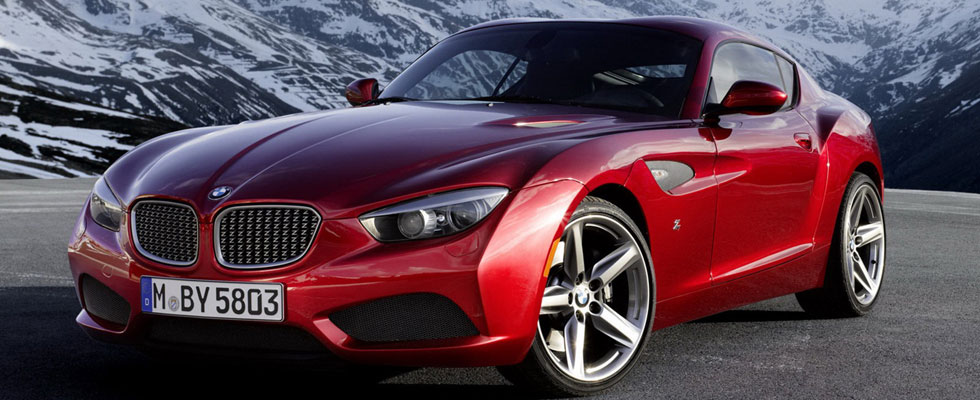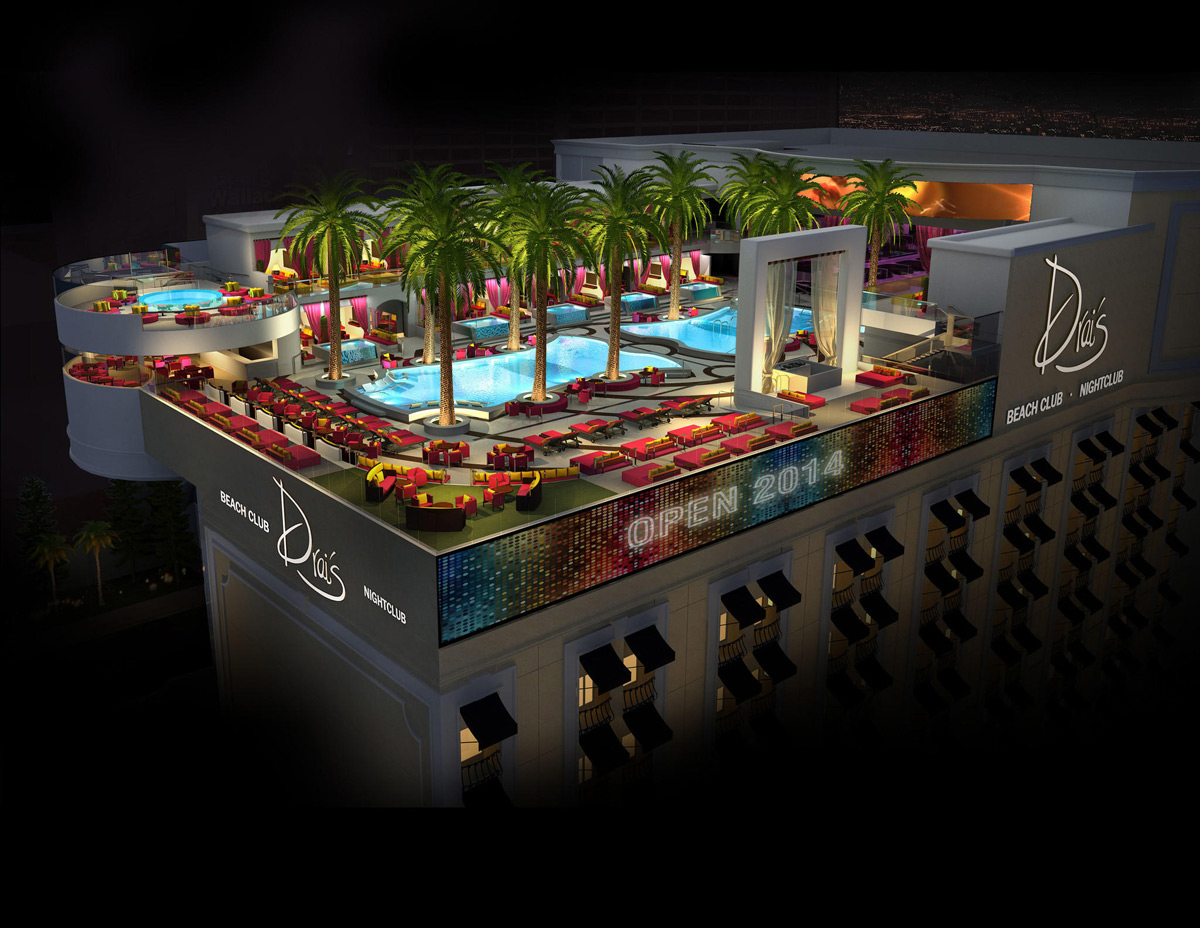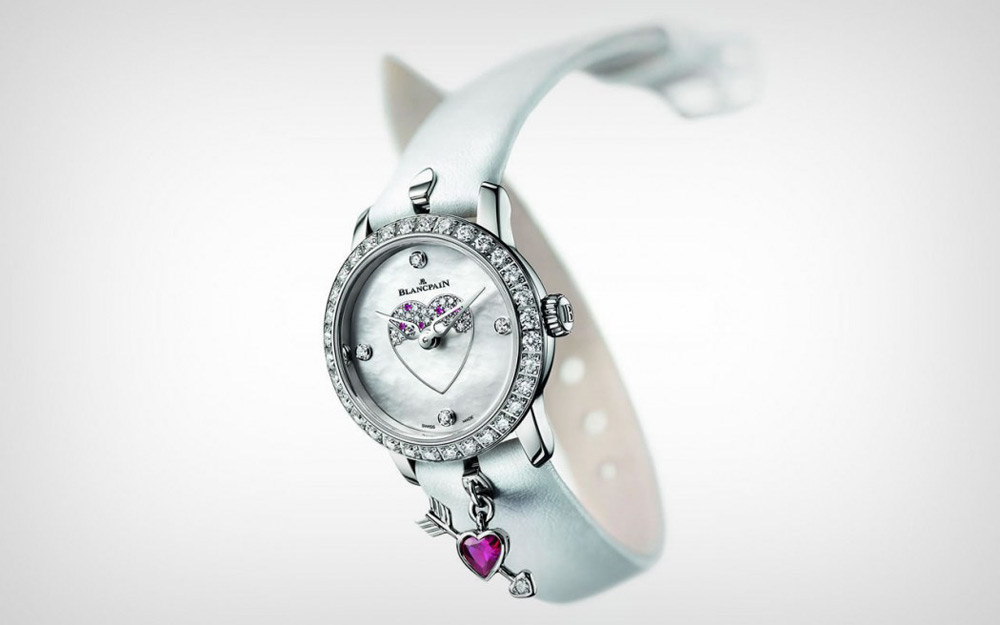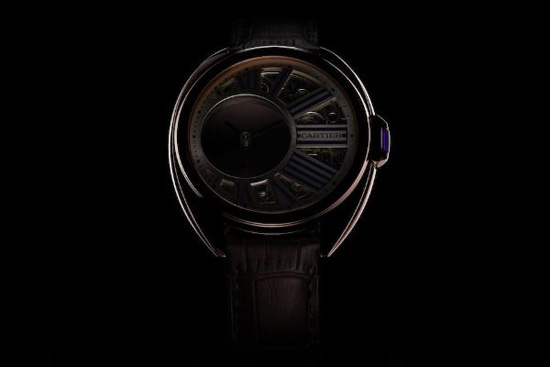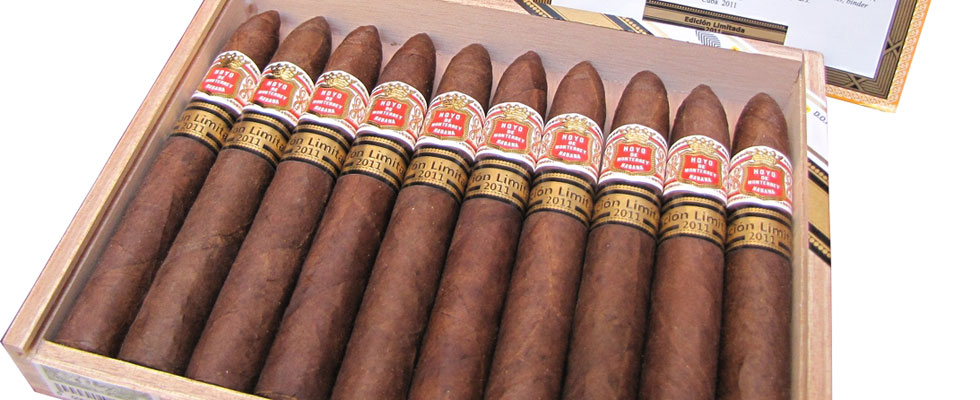Switzerland has long been known as a producer of extraordinary watches but now it has set it sites on another iconic luxury staple not normally associated with it’s mountainous country – Caviar. Costing up to 1,275 Swiss francs ($1,400) for 250 grams, Oona (Celtic for extraordinary) is the name of the Alpine country’s first Swiss caviar.
Created by Peter Hufschmied, the engineer used mountain stream that tumbles out of the North end of the Loetschberg railway tunnel with a temperature of 20 degrees Celsius to breed fish that thrive in warm water. About 35,000 sturgeon were released into the balmy waters six years ago, and now, the farm has produced about 300 kilograms of caviar for the 2011/2012 winter season.
In the caviar laboratories, chilled to between four and seven degrees Celsius. First the sturgeon are scanned using ultra-sound technology to check that the eggs are ripe and ready for consumption. Once the sac of eggs is removed from the fish, Tobias Felix, Switzerland’s only Caviar-Meister, rubs the mass over a metal sieve-like bowl to separate them from the membrane and remove traces of blood. It’s a bit like washing gold, only its black, said Felix who says he never tires of sampling the delicacy. It’s great. I get paid to eat caviar every day. Then a large pair of tweezers is used to pick out any eggs that are discolored. A fine, powder salt is added to the caviar to draw out the moisture, and make it glisten like black pearls.
The Oona caviar is sold in four grades. The best of the lot No. 101 features handpicked eggs that sport a minimum diameter of 2.6 mm. this grade is just five percent of the total caviar produced. A 30 gram tin is priced at 215 Swiss francs ($225).
The fish farm in Frutigen in the Bernese Oberland plans to grow its shoal to 60,000 sturgeon, making it possible to produce three tonnes of caviar annually, of which two tonnes will be dedicated for export. We’ve already received enquiries from Russia, Hong Kong and Abu Dhabi, said Andreas Schmid, head of marketing and sales at Oona. It’s partly to do with the fact that Switzerland has a reputation for good quality. [Oona]
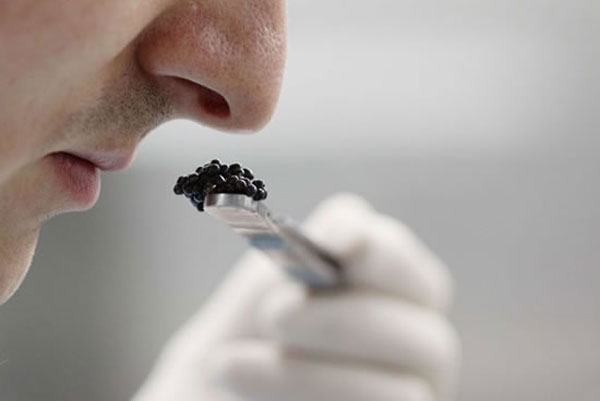
Caviar Meister, Tobias Felix, checks caviar at the caviar laboratories of the Tropenhaus Frutigen in the Bernese Oberland


